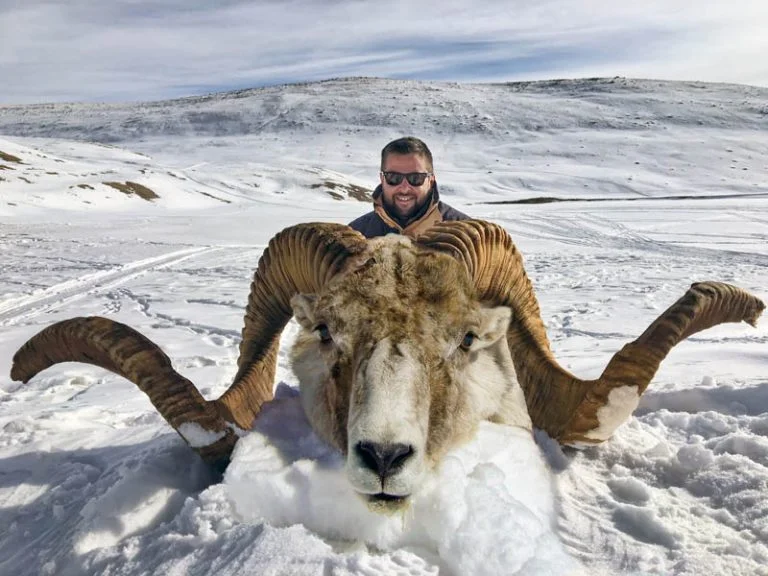Giant Sheep Puts America on High Alert: Cloning Scandal Unveiled
In a story stranger than fiction, American authorities have been on high alert for months following the discovery that a farmer in Montana, identified as Arthur Schobarth, was cloning and selling giant sheep without government approval.
The saga began when, in September last year, a U.S. court sentenced Schobarth to six months in prison for smuggling and cloning one of the world’s largest sheep breeds. According to U.S. media reports, court documents reveal that Schobarth smuggled “Marco Polo” sheep, an endangered species from Kyrgyzstan, into the United States.
In 2015, he contracted with a lab to illegally clone these sheep, dubbing the cloned version “Montana Mountain King” (MMK).
Specifications of Marco Polo Sheep
Marco Polo sheep, native to the Pamir mountain range in Central Asia, are among the largest wild sheep species in the world. Known for their distinctive, massive horns that can grow up to two meters long, they have become a prime target for trophy hunters and unique livestock breeders. This species is critically endangered due to rampant poaching and high demand for their horns and rare hides, significantly inflating their market value.
Smuggling and Cloning
Court documents suggest Schobarth aimed to capitalize on the allure of these sheep to hunting enthusiasts by cloning them and breeding offspring with Marco Polo genetics. He used the sheep’s semen to inseminate local ewes, selling the progeny at exorbitant prices. Offspring from these cloned sheep were reportedly sold for up to $13,200, with one grandkid of the “Montana Mountain King” (MMK) fetching $10,000.
The Sheep’s Fate
The U.S. authorities have sent the original sheep to an accredited facility in Oregon, and it is now
slated for public display at the Rosamond Gifford Zoo in New York this November. The fate of
other cloned sheep remains uncertain, although agreements stipulate that any sheep carrying
Marco Polo genetics must be isolated, ownership rights relinquished, and the animals sterilized by U.S. authorities.
Environmental and Legal Concerns
This case raises significant environmental concerns about the potential impact of these cloned
sheep on native species if released into the wild, potentially disrupting ecological balance. It also
prompts questions about the need for stricter regulations on cloning companies to prevent such
incidents.
This marks the second case in the U.S. involving wildlife crimes through cloning technology, with
expectations that such issues might become more common as cloning techniques evolve and
become less costly.





